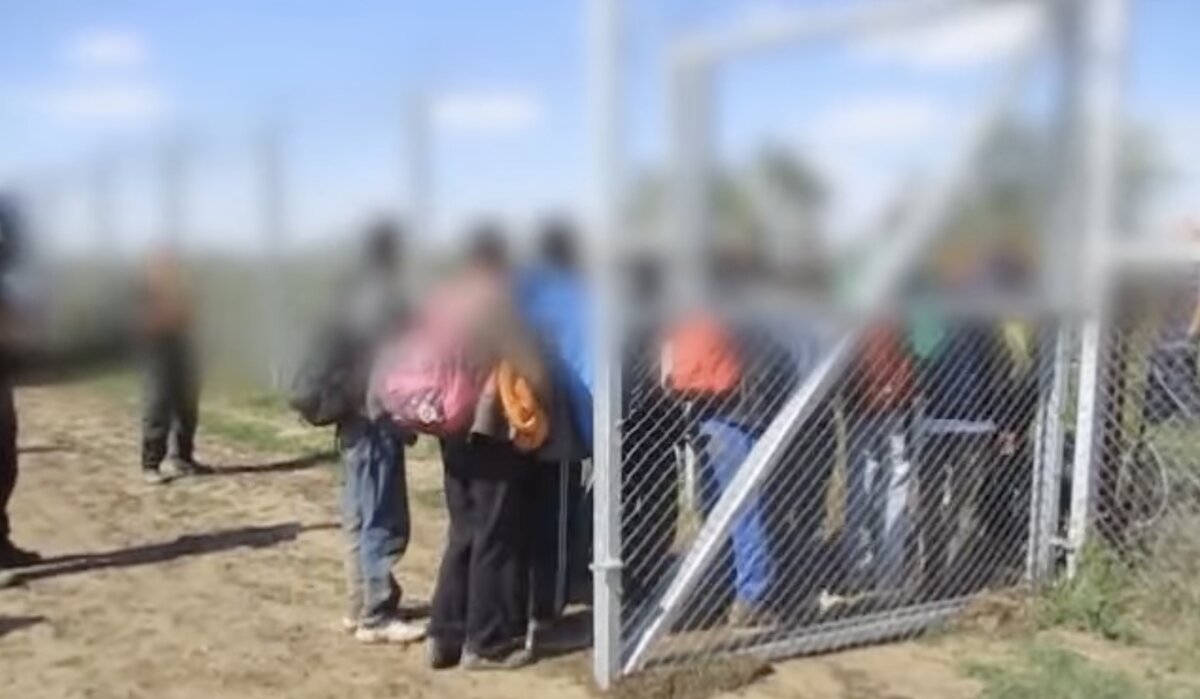European Court rebukes Hungary for wrongful deportation of Afghan student

The European Court of Human Rights has ruled that Hungarian authorities unlawfully deported an Afghan student who was legally residing in the country. The Strasbourg ruling found that the young refugee’s rights were severely violated, despite the absence of any legal grounds for his expulsion. The case highlights systemic flaws in Hungary’s asylum procedures.
Unlawful deportation
As reported by 444, a recent decision from Strasbourg sheds further light on ongoing issues in Hungary’s asylum practices. The European Court of Human Rights determined that Hungarian authorities expelled several asylum seekers—including an Afghan student studying in Budapest—without respecting their legal rights or human dignity. The court found Hungary in violation of both EU and international human rights norms and ordered the state to pay financial compensation.
Injustice against the Afghan student
A central figure in the case is H.Q., an Afghan student who was legally residing in Hungary, studying at a university, and unable to return to his war-torn country. Yet in September 2021, police detained him at a Budapest government office, handcuffed him, and deported him the same day without a formal ruling. He was driven across the border fence into Serbia—a country he had never been to, and one with no responsibility for him.
With support from the Hungarian Helsinki Committee, H.Q. pursued legal action, eventually bringing the case before the European Court of Human Rights. The court ruled entirely in his favor, finding that Hungary violated the prohibition of collective expulsion, the ban on inhuman treatment, and his right to an effective remedy. The court ordered Hungary to pay the young Afghan €10,000 in compensation.
Court identifies systemic issues
According to the ruling, Hungary’s failure to provide genuine access to asylum—particularly through its so-called “embassy system,” requiring even those already in Hungary to submit applications in Belgrade or Kyiv—is a systemic problem. This practice effectively denies refugees the chance to seek protection, whether they are university students, abused children, or families fleeing war.
The message from Strasbourg is clear: Hungary must immediately cease collective expulsions and uphold human rights. The case of H.Q. and others fleeing for safety is not an exception—it is a consequence. The question now is whether the Hungarian government will learn from this ruling or whether others must continue reminding it how to treat people seeking refuge with humanity.
To read or share this article in Hungarian, click here: Helló Magyar
Read also:







